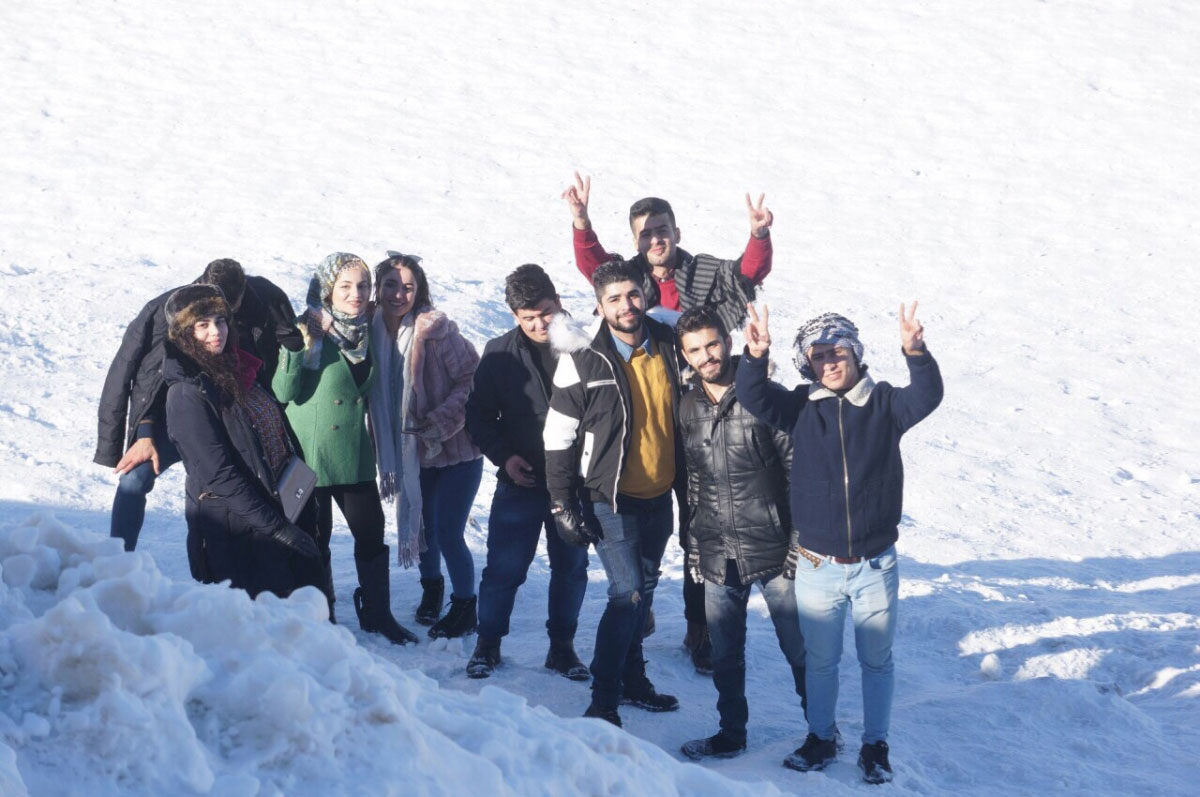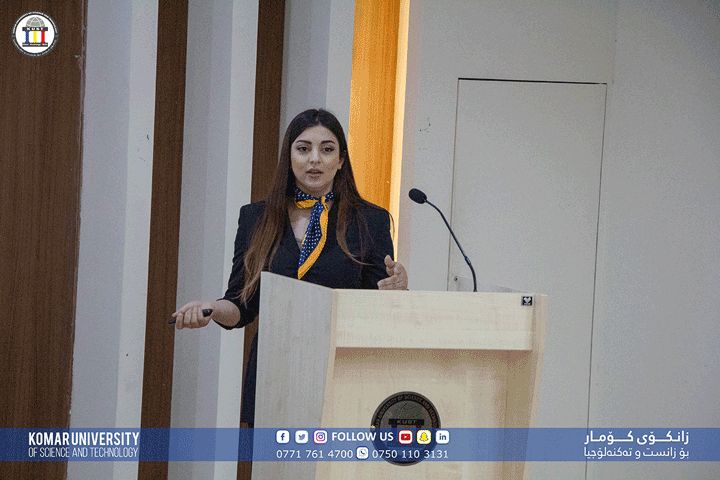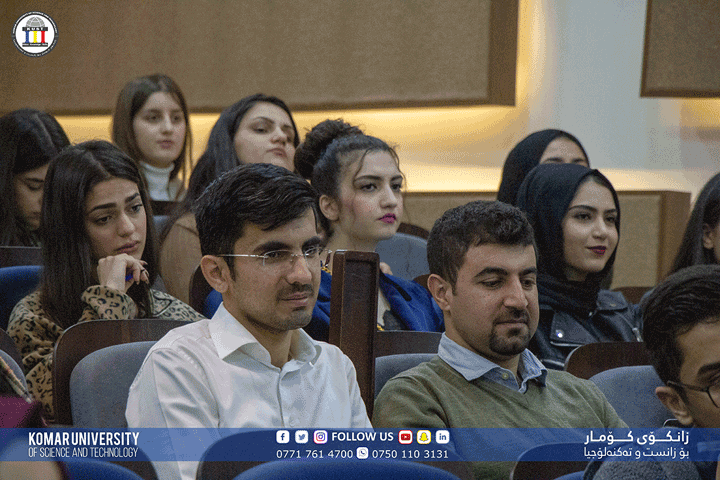A panel Discussion on “ Non-Economic Factors and its Role the Development of Financial Crisis
Business Administration department organized a panel discussion on Non Economic factors in the Development of Financial crisis. The Department collaborated with American University of Iraq and invited Dr. Sumer Fehrettin, Chairman, Business Administration, American University of Iraq to present his findings based on a book he has written on similar topic.
Dr. Sumer discussed some economic and socio-economic factors that were the cause of financial crisis in selected countries he quoted Malaysia, Indonesia, Global Financial Crisis, Greek Economic Crisis and most recent Venezuela’s crisis.
The presentation was followed by a panel Discussion. The panellists were Dr. Sumer Fehrettin, Dr. Mamta Singh, Mr. Devendra Kumar and Mr. Aram Kadir. The Moderator Mr. Devendra Kumar asked Dr. Sumer about his book and what is his perspective on Malaysian economic upheaval due to the Foreign Institutional Investments. Mr. Devendra also asked Dr. Sumer if he checked the effect of the non-economic factors degree of impact on financial crisis.
Dr. Mamta Singh explained the impact of market perception or future expectation as a non-economic factors sometimes bring disturbance to the financial market, She quoted Minsky’s Investment Hypothesis in which Haymand Minsky explained that how Better Future expectation in asset market leads to higher demand of assets and due to that somehow banks relax the credit requirement rules which may lead to development of non-performing assets and leads to financial risk for the bank and overall risk for the economies performance.
Mr. Aram kadir emphasized the environment as a non-economic factor responsible for example how the Tsunami has disturbed the Japanese economy for a while in addition to culture and weak government among the causes of the financial crisis.
One of the faculty member from the audience asked that Artificial Intelligence is growing and soon it will be a threat to human and will create huge unemployment, Mr. Devendra Kumar answered this question by narrating the consecutive industrial revolutions and it’s impact on quality of human life for example before people were working for 12 hours now it is reduced to 8 hours and in future we will see that employees will work only six hour and four days a week. Therefore machine will never supersede human in fact the first human robot Shophie said “do not afraid of me I am here to work with human.”






